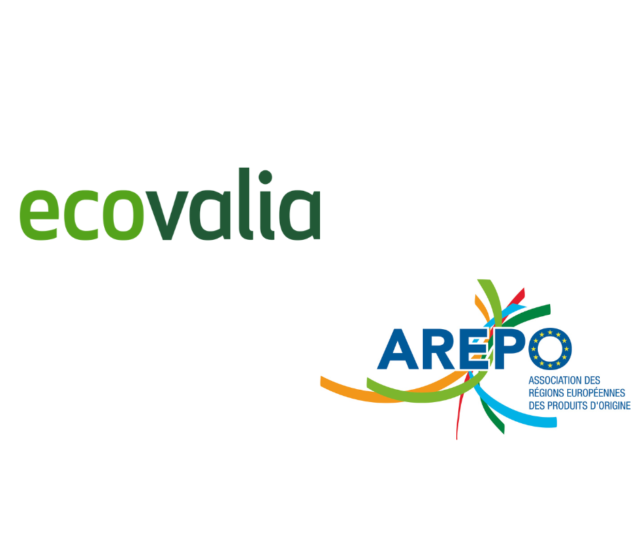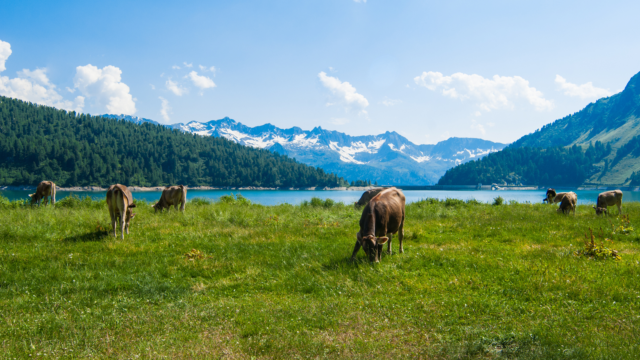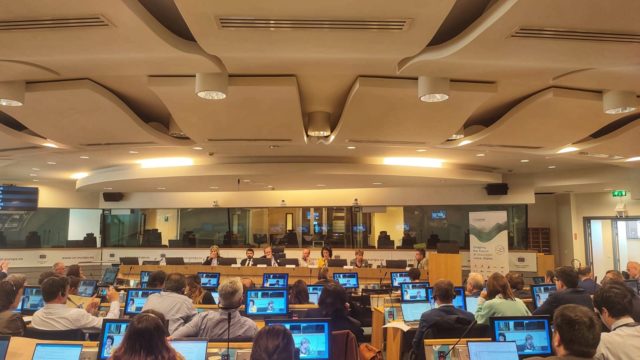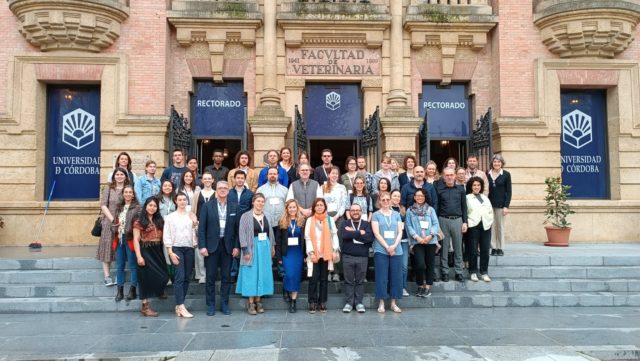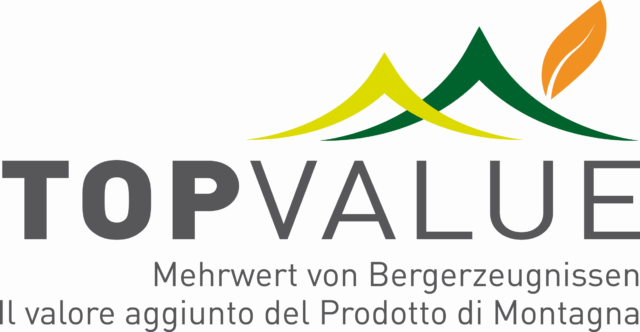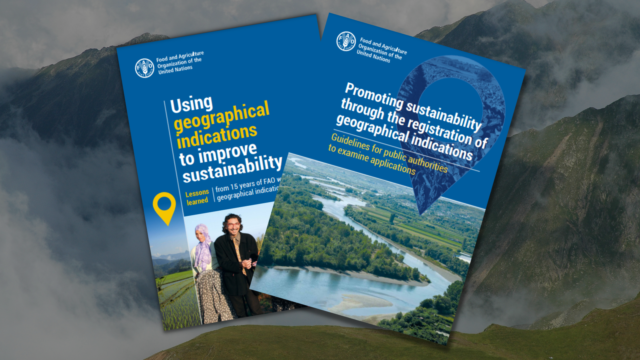On May 14th, AREPO participated in the evening debate concerning regional specialities and Geographical Indications, organised by the North Rhine-Westphalia Representation to the EU in Brussels. The Secretary General of AREPO represented the President, Mrs. Theano Vrentzou-Skordalaki, Deputy Governor of Crete.
With a panel made up of experts and different representatives of the sector, among which Ms Branka Tome, Deputy Head of Unit Geographical Indications of DG Agri, Dr Dietzel, representing The Minister for Environment, Agriculture, Conservation and Consumer Protection of the State North Rhine-Westphalia, and Laurent Gomez, AREPO Secretary General, the objective of the conference was to discuss opportunities and obstacles in regional marketing and the use of geographical indications in the food value chain.
The GI recognition enables consumers to trust and distinguish quality products while also helping producers to market their products better. "For more and more consumers, the quality of a foodstuff also includes its origin and the conditions under which it was produced. Regional food products make an important contribution to more added value” – Dr Dietzel said – “The retail trade is also increasingly making its mark on the market with regional foodstuffs. EU geo-protection offers orientation at the counter and potential for production, processing and marketing". For this reason, it is important to maintain GIs attractive to consumers.
AREPO Secretary General reminded the role of AREPO in defending the system in place for EU quality schemes, exploring as well some of the main issues related to their recognition. Considering challenges and opportunities for producers of products of origin, he pointed out the difficulty producers encounter, especially as regards certification costs, labelling and the promotion of products both in the internal market and in third countries.
Furthermore, new issues stem from the rise of e-commerce, especially concerning the matter of the domain name. As a consequence, he stressed the need to enforce the protection of GIs against any form of imitation or abuse of reputation.
With respect to the role of GIs in EU trade agreements and the ongoing procedure for the adhesion of the EU to the Geneva Act of Lisbon agreement on Appellations of Origin and Geographical Indications, there has been the opportunity to consider the need of protection for non-agricultural geographical indications too.
Finally, more insights came from the interaction with the audience, regarding how to keep pace with consumer’s changing tastes and a production that need to comply with environmental measures and be more and more sustainable. “It’s important to bear in mind this evolution, without forgetting the beautiful story and tradition that lies behind a geographical indication”, as the Secretary General stated.
The debate was followed by a tasting of some of the main PDOs and PGIs of the Region.


